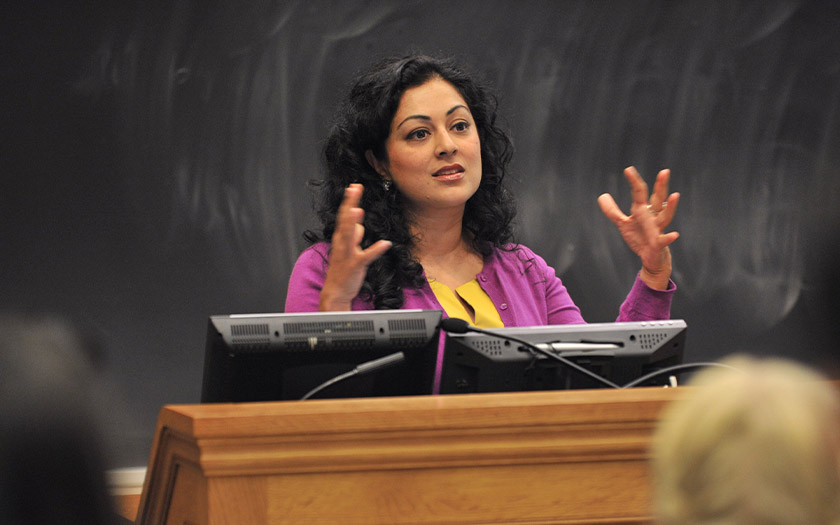
Shobita Parthasarathy has called for serious patent system reforms in a July 31 article she authored in The Conversation. Such reforms, she said, could "include increasing opportunities for the public to participate in patent decision-making, allowing more legal and bureaucratic challenges on behalf of the public interest, and incorporating more emphasis on ethical and socioeconomic implications into our patent and innovation policies."
Parthasarathy, an associate professor of public policy, is an expert in the politics of science and technology, particularly genetics and biotechnology. When the ACLU led a lawsuit against Myriad Genetics over its patents on human genes in 2009, she authored a declaration of support, which was cited extensively by federal Judge Robert Sweet and helped pave the way for a unanimous June 2013 U.S. Supreme Court opinion invalidating gene patents.
At the heart of Parthasarathy's article is the proposition that the current patent system of the United States is simply "out of step with today's citizens." With the rise of technocratic knowledge and authority in the public debate, she interrogated the underlying assumptions around who does and does not have standing within the patent system--an approach she readily brings into the classroom environment, as well. Placing the current debate within its historical context, she added, "it is worth observing that while the US system was initially conceived as a democratic improvement upon the European systems of the time, today's pan-European system is far ahead of its US counterpart in terms of both public engagement and its attention to the implications that citizens care about."
July 31, 2015 marks the 225th anniversary of the first U.S. patent issued. Read the full article, "An early expression of democracy, the US patent system is out of step with today’s citizens," here.
—By Nick Pfost (MPP '15)
